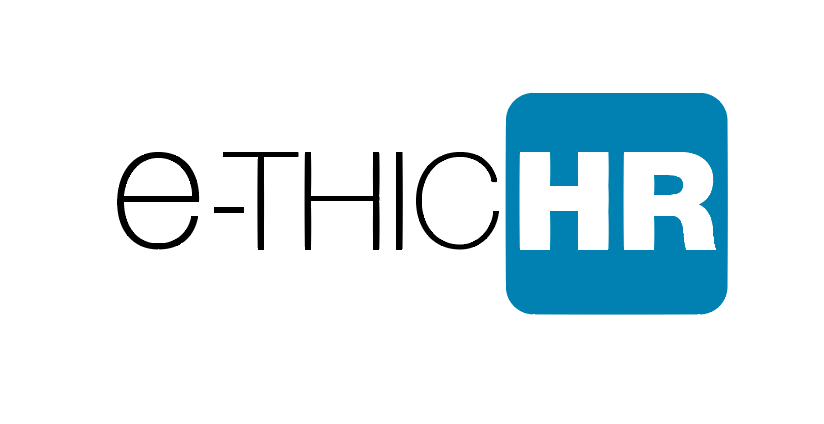By Kalen Smith, special to Workplace Tribes. Kalen has an MBA in finance and marketing, and writes about entrepreneurship and finance.
At some point in time, most employers have used some form of social media to screen job applicants. Though it’s now basically standard practice, it may not always be a wise idea. Understand the laws and consider the alternatives before you make a dangerous mistake.
Approximately 77% of employers have reported using social media sites to evaluate job candidates, and many of these employers are unaware of the risks they may be taking.
Lawyers and private investigators have warned their clients that this practice can get them into trouble. Companies should very carefully consider the costs and benefits of using social media to make selection decisions.
What are the risks?
Hiring managers are taking major risks when they check an employee’s Facebook, MySpace or Twitter profile.
The biggest risk is that they may learn that the applicant is a member of a protected class. Years ago, employers asked for photos of job applicants. While this remains standard practice in Europe and elsewhere, in North America, this practice was discontinued for fear of discrimination-related lawsuits.
When an employer checks an employee’s social media profiles, they are accessing very personal information. They may learn about an applicant’s race, marital status, religion, political preferences, and/or sexual orientation.
Except where it’s a bona fide job requirement (eg. religion for clergy), this information cannot legally be used as a basis for hiring decisions. Even the perception that such information was used is grounds for litigation. Employers should therefore consider different approaches to running social media background checks.
How can I avoid risk?
There are several things employers can do to protect themselves from a potential lawsuit:
- Be careful accessing private information. The privacy laws associated with accessing social media profiles are not clearly defined. However, some precedent has been set. Asking a Facebook friend of the applicant for information on their social media profile has been found to be a legal investigative tool in at least one case. Attempting to forcibly bypass security settings, however, is often a criminal offense.
- Keep records of process. How do you actually make the hiring decision? Make sure you can justify why you hired one candidate over another. Keep records of what factors you based your decision on. Show that they are relevant and fair. You also want to show that you were impartial when you made the hiring decision.
- Hire an outside agency. One of the best ways companies can protect themselves is by hiring another company to conduct the screening process for them. That company will only relay information relevant to the job. That covers you from accusations that you used non-material information to make your decision.
- Collect standard information. In your recruiting process, try to collect the same information from every candidate (applicant tracking systems can help you do this). If/when you do a background check on your preferred candidate, you can then ask them about any discrepancies. Updating them on what you found and giving them a chance to explain any concerns will help keep you out of trouble.
- Ask for a waiver. Inform job candidates that you intend to look at their social media profiles. Consider asking for their consent. You don’t need it to look at public information, but it can help show that you were acting in good faith. Be careful, though: Requiring an applicant to give permission may not protect you in court. As an employer, you have disparate bargaining power. Forcing an applicant to provide consent is not something that courts will look favorably upon.
Social media background checks can be a very effective way of screening applicants. However, you need to fully understand what’s legal in your jurisdiction before proceeding.


I got what you mean , saved to my bookmarks , very decent web site .
I was very pleased to find this web-site.I wanted to thanks for your time for this wonderful read, I’m definitely enjoying every little bit of it and I have you bookmarked to check out new stuff you blog.